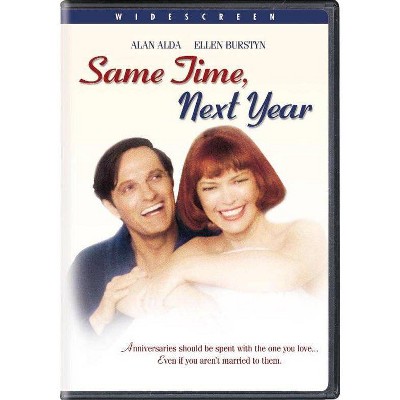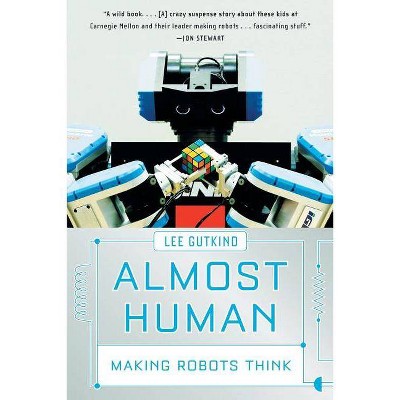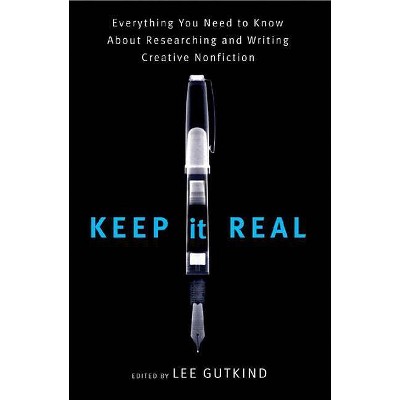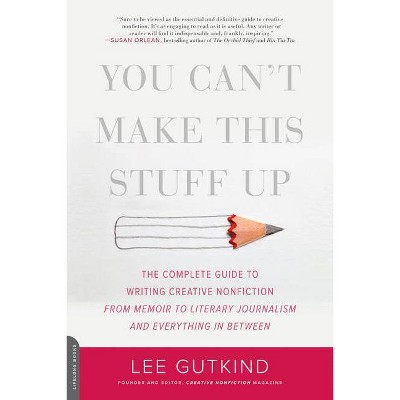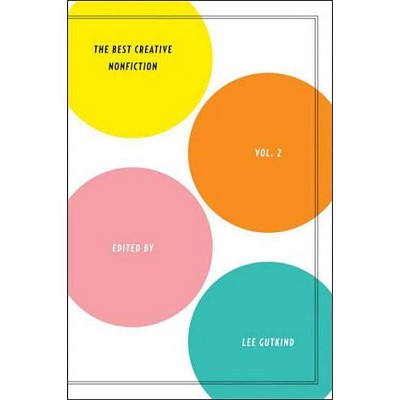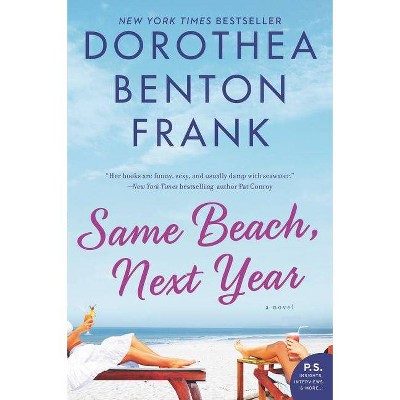Same Time Next Week - by Lee Gutkind (Paperback)
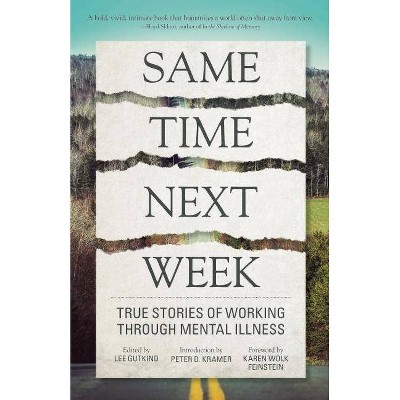
Similar Products
Products of same category from the store
AllProduct info
<p/><br></br><p><b> Book Synopsis </b></p></br></br>In any given year, one in four Americans suffers from a diagnosable mental illness--and yet there is still a significant stigma attached to being labeled as "mentally ill." We hear about worst-case scenarios, but in many--maybe even most--cases, there is much room for hope. These frank, often intimate stories reflect the writers' struggles to overcome--both as professionals and as individuals, as current therapists and as former patients--the challenges presented by depression, bipolar disorder, OCD, and other mental disorders. These dramatic narratives communicate clearly the rewards of helping patients move forward with their lives, often through a combination of medication, talk therapy, and common sense. Collectively, these true stories highlight the need for empathy and compassion between therapist and patient, and argue for a system that encourages human connection rather than diagnosis by checklist.<p/><br></br><p><b> Review Quotes </b></p></br></br><br><br><i>Hippocampus Magazine</i> Review, by Jules Barrueco: <p/>The book attaches clinical terms like bipolar disorder and schizophrenia to real people with names, families, and personalities, and at times, with advanced degrees and licenses to treat others. This collection, which had the potential to be cold and clinical, is bursting with warmth and inspiration. <p/>The essays generally fall into three categories: patients discussing their illnesses, therapists discussing their patients, and a combination involving past-patients as current therapists. The common theme is uncommon approaches to healing. Beyond that, however, "common" is not a word that describes these exceptional stories. <p/>Often more captivating than the first person accounts of mental illnesses are the narratives of those trying to cure them. For example, J. Timothy Damiani, or "Dr. D," endears readers to his patient, "Mr. Newman," who was misdiagnosed with schizophrenia. As Dr. D tracked Newman's progress through their recurring card games - at times a haphazard combination of gin, crazy eights, and war - we watch him come back to life and feel elated for the caring new man who emerged from the dark. <p/>Like Dr. D's card games, other treatment methods evolved instinctively. When Tom Mallouk's patient, Steve, broke into Tae Kwon Do mid-session, Mallouk stood up and asked Steve for a lesson. <p/>When Dan Tomasulo met a teenage girl so committed to poor hygiene that he could not tolerate her odor indoors, he took her outside and treated her while on their feet. <p/>When Miriam Mandel Levi met Jeannie, a patient who gave up speech, swallowed pencils, and tore flesh from her own arms like a Rottweiler, Levi treated Jeannie's pervasive refusal syndrome in a nontraditional way with traditional speech therapy. <p/>And when Ella Wilson struggled to let go of her past, she and her therapist traveled upstate, grabbed a shovel, dressed in black, hiked through the dark woods, and literally buried the painful pieces. In fact, Wilson's captivating, smart, and often funny account of her journey - embarked on with her mind and with her feet - is, perhaps, the strongest piece in the collection. <p/>These writers do not, however, merely explain the treatment in technical terms. The characters are portrayed with such humanity that you root for the troubled teens, ache for the ailing men, and laugh with the pained woman as she traipses through the wilderness. <p/>The book has few drawbacks. One therapist's piece reads more like a case study than creative nonfiction, and the narrator of one patient's essay feels awfully unreliable. Occasionally the prose is weak or a story is long. But those are the exceptions in an otherwise well-written, moving, marvelous book. <p/>"Enjoyable" is a curious way to describe the essays, yet I enjoyed them immensely. Gutkind's collection beautifully captures the pain of the mentally ill, the pressure on those who heal them, and the progress that can result from the right combination of hope, determination, and an unconventional leap - or hike - into the unknown. <p/><i>Booklist</i> Review, by June Sawyers <p/>Despite all the talk of mental illness in the media today, its stigma remains. In an editor's note, Lee Gutkind, founding editor of Creative Nonfiction, cites some remarkable and rather sobering statistics. According to the National Institute of Mental Health, one in four adults, or roughly 61.5-million Americans, experiences a mental disorder in any given year. Worse, some 60-percent of those adults will not receive treatment during that period. To further compound the tragedy, Gutkind adds, there is a serious scarcity of psychiatrists in the U.S. And yet this excellent collection offers hope for those seeking help with depression, obsessive-compulsive disorder, schizophrenia, and dissociative identity disorder. Many of the essays are written by therapists who offer their own perspective on a failing system. Despite the often high odds against mental health patients--institutional failure is a common refrain here, as is misdiagnosis or over-aggressive treatment--these tales from the mental health front lines are stories of recovery. As the writers fully vent their feelings, readers will empathize.<br><p/><br></br><p><b> About the Author </b></p></br></br><b>Lee Gutkind</b> is the author or editor of numerous books and nonfiction anthologies about the medical and mental health communities, including <i>Many Sleepless Nights: The World of Organ Transplantation; Stuck in Time: The Tragedy of Childhood Mental Illness; At the End of Life: True Stories About How We Die; I Wasn't Strong Like This When I Started Out: True Stories of Becoming a Nurse</i>; and <i>Writing Away the Stigma: Ten Courageous Writers Tell True Stories About Depression, Bipolar Disorder, Addiction, ADHD, OCD, PTSD, and More.</i> His stories and op-ed pieces about mental illness and related issues have appeared in <i>The New York Times</i> and National Public Radio. He is the founding editor of <i>Creative Nonfiction</i> magazine and the Distinguished Writer in Residence at the Consortium for Science, Policy, and Outcomes at Arizona State University.
Price History
Price Archive shows prices from various stores, lets you see history and find the cheapest. There is no actual sale on the website. For all support, inquiry and suggestion messages communication@pricearchive.us
